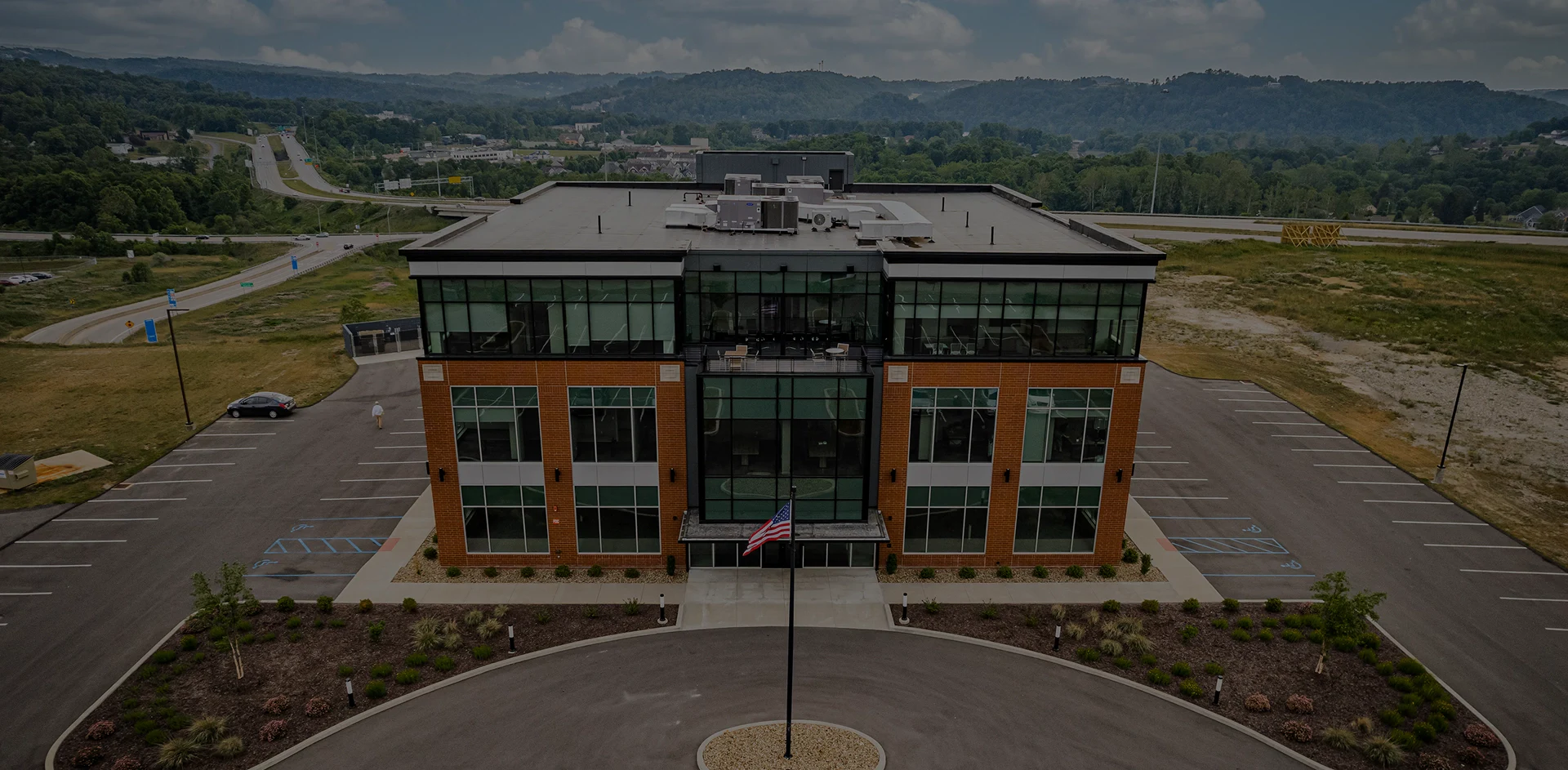Speeding Contributes to 25% of Fatal Vehicle Accidents | Desai Law

Part of the United Nations General Assembly’s ambitions is to halve the number of road accident fatalities by 2030. The international attention to this issue makes sense, as the World Health Organization (WHO) indicates that car accidents cause approximately 1.3 million deaths each year across the globe.
Speeding leads among the causes of fatal accidents. According to the National Highway Traffic Safety Association (NHTSA), speeding played a role in 26 percent of road accident fatalities in the U.S. in one recent year. Over the past two decades, it contributed to one-third of all traffic fatalities.
Speeding is not necessarily limited to driving above the posted speed limit. It may also be traveling at an unsafe speed in light of weather and road conditions. Speeding may also be much more deliberate, such as in the case of street racing.
When a driver decides to travel at high speeds, they put themselves, their passengers, and everyone else on or near the road at a heightened risk of severe injury and death. Short of losing their lives, many accident victims sustain permanent, life-altering injuries.
Read on to learn more about the role of speeding in car accidents and how to proceed if you are a victim of a speeding accident. If you are in an accident due to another driver speeding, you should get in touch with an experienced car accident injury lawyer as soon as possible.
How Common Is Speeding?
Even as dangerous as it is, speeding is very common in the United States. Data from the National Traffic Speeds Survey III reports that of a randomized sample of more than 12 million vehicles whose speed was evaluated, traffic flowed at more than the speed limit on all kinds of roads. Speeding, then, is the norm on U.S. roads.
How Does Speeding Contribute to Road Accident Fatalities?
Speeding increases the risk and potential severity of motor vehicle accidents. The masses of two vehicles at even lower rates of speed can cause significant injuries to passengers. Adding high speeds to the equation not only makes accidents more likely but increases the potential for fatal injuries.
According to a GHSA report, there is a 125 percent increase in the energy released when a vehicle collides when traveling at 60mph, compared to when it’s traveling at 40mph.
Some of the ways speeding increases the risk of death include:
1. It Increases the Likelihood of Accidents
As you increase speed, it becomes harder to maneuver alongside traffic safely, you become less predictable to other motorists, and other difficulties arise that increase the likelihood of an accident. The more you speed, the smaller the window for reacting to an accident situation. You may not realize there is slowed down or stopped traffic over a bump in the road, and slam into another car’s rear. Even if you can see an object beforehand, coming to a complete halt requires a much longer distance, proportional to the speed you are going.
2. Odds of Losing Control are Higher
In cases of speeding where it is possible to avoid a collision, a driver may still be at risk of death from losing control of their vehicle. When maneuvering your vehicle at high speeds, you have much less control. This is especially so when it comes to taking turns or evading objects on the road.
Legal and Financial Consequences of Speeding
Laws strictly prohibit speeding, and breaking such laws may result in:
1. Criminal Charges
For safety reasons, laws set speed limits on every road. It is every driver’s responsibility to stay within such speed limits. Violating speed limits may lead to civil penalties, like tickets and fines or license suspension. But breaking the speed limit at higher degrees may lead to criminal charges as well.
If a driver causes an accident that results in injuries or fatalities while speeding, they may face homicide charges.
2. Civil Lawsuits
Drivers have a civil duty to other road users to drive in a reasonably safe manner to avoid placing anyone at risk of injury or death. Violate this duty by speeding, may lead to a civil lawsuit by the victims, in which they can seek a court to award damages, or legal compensation for their accident-related expenses and impacts.
These damages in fatal speeding accident cases tend to cover:
- Medical expenses up until the point of death
- Funeral/cremation costs
- Loss of companionship, for the deceased family
Ordinarily, an insurance policy is your first source of compensation. Those who cause accidents due to speeding will likely see their insurance premiums skyrocket.
Hiring a Car Accident Attorney for Your Fatal Speeding Accident Injury Case
If you have lost a loved one in a speeding accident, you can recover damages by bringing a wrongful death action. This lawsuit might not be able to bring back a loved one, but it can help with the expenses and impacts that tend to follow for a family after a fatal speeding accident.
In bringing a wrongful death action, one of the biggest favors you can do yourself is to hire an experienced speeding accident injury lawyer.
Your attorney can:
- Investigate the accident to determine the cause of the accident, the parties responsible, and whether you have a viable claim
- Calculate the value of your claim
- Negotiate with insurance adjusters to reach a settlement
- File a wrongful death lawsuit on your behalf, if necessary
Vindicate Your Rights After a Fatal Speeding Accident
Losing a loved one to a speeding accident often leaves a family with lost income, emotional and mental anguish, and other significant impacts for which they should be compensated by those responsible for their loved one’s death. With the help of an experienced car accident lawyer, you can vindicate your rights under the law to hold the responsible parties accountable so you do not have to bear the full burden of the fallout from the accident.
Recent Posts
Medical Documentation Best Practices: Building a Strong Foundation for Your Injury Claim Rideshare Accidents: Navigating Complex Insurance Coverage When Using Uber or Lyft Intersection Accidents in Urban Areas: Special Considerations for Morgantown’s Downtown District Emerging Vehicle Technologies and Liability: From Advanced Driver Assistance to Self-Driving Features Weather-Related Commercial Truck Accidents: Liability and Special Circumstances